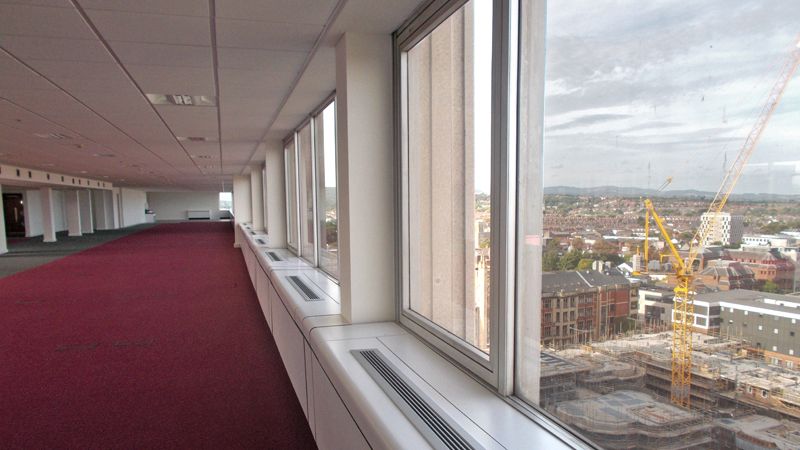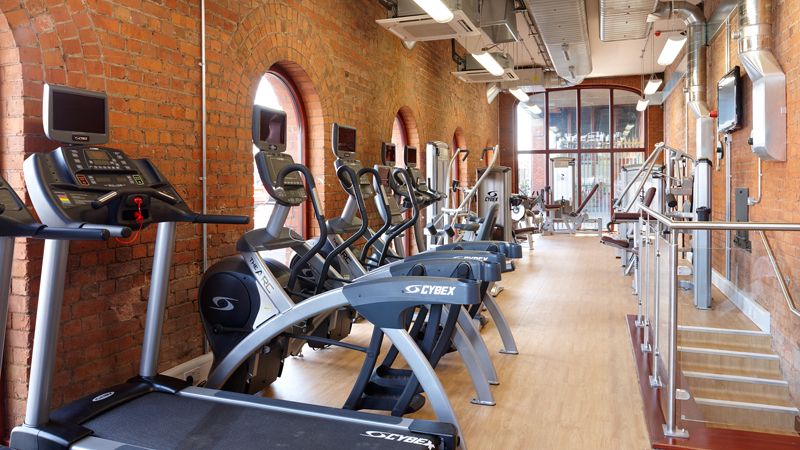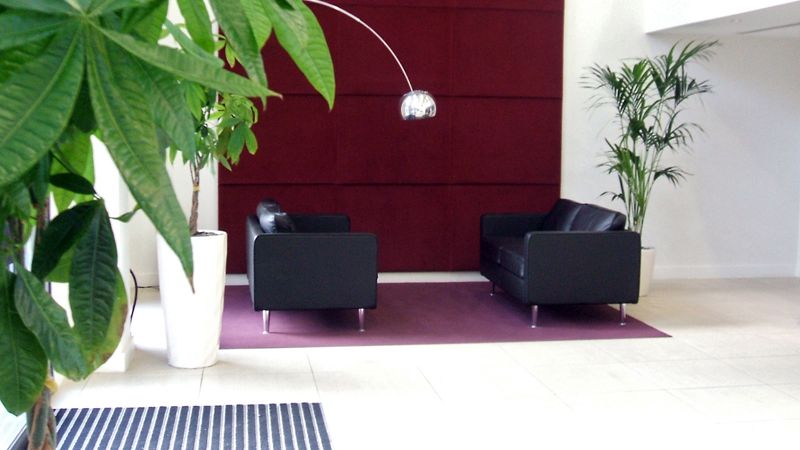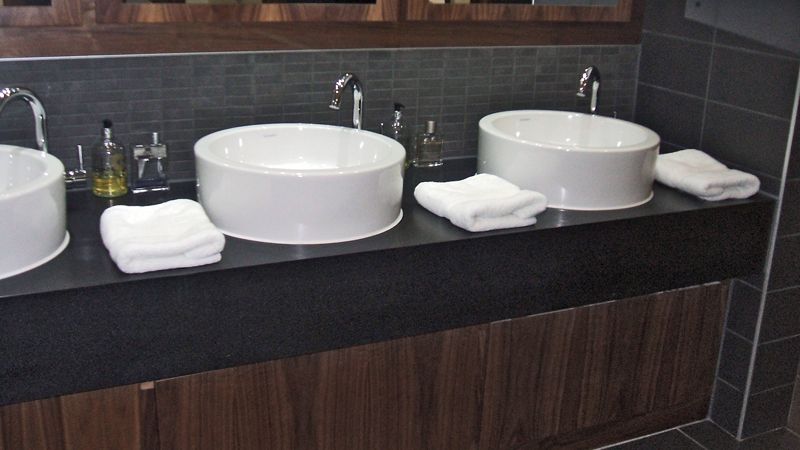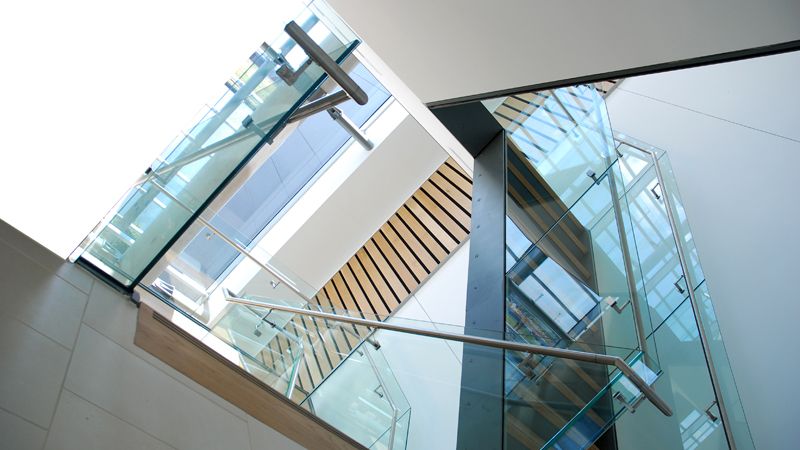With figures from Oxford Economics forecasting a 3.8% rise in office-based employment growth over the next five years alone, and our own figures for Cardiff showing that commercial office lettings are up 57% on the same quarter in 2016, it is more important than ever for cities to manage their built environment effectively to maintain an attractive, but diverse, environment for all types of business.
While the ‘80s and ‘90s saw an increase in business parks offering large floor space and parking, car-only locations are no longer the preference for many businesses. City centres, with good supporting transport links, are emerging as the desired locations for both occupiers and developers.
In Cardiff, the development of flagship Grade A schemes including Capital Quarter and Central Square have rightly grabbed the headlines. The strong pre-let activity within both of these schemes is evidence of the high demand for high-specification city centre space.
Naturally, this increase in demand, coupled with a relatively low supply of space at the top end, has meant that rents for Grade A offices in Cardiff are at a record high at £25 per sq ft.
However, with plenty of existing, older office stock also available, cities like ours are needing to work harder than ever with developers and investors to effectively manage office stock to avoid a build-up of obsolete Grade B space. The risk, particularly for larger cities, is that, as businesses look to upgrade to Grade A office space, Grade B and other secondary spaces are left unoccupied.
For many businesses, Grade A rent levels simply are not viable financially. As a result, some companies are seeking alternative options, which has given rise to scores of Grade B buildings being refurbished. In a city such as Cardiff, which has an abundance of Grade B stock, this is to be encouraged, in order to effectively manage the city’s built environment. Many of these spaces are located in prime city centre locations though, in some cases, are outdated. Brunel House is one such space currently undergoing extensive redevelopment works in order to appeal to future occupiers, along with Capital Tower and 2 Kingsway.
From an investment standpoint, while still substantially more affordable than Grade A office space, high-end refurbishments of Grade B buildings in Cardiff mean they are now able to command a higher rent. Five years ago, landlords would be looking at below £10 per sq ft for Grade B office space, but in today’s market, this rental income has increased by almost 50%.
Grade B developers are having to think creatively about what will make their office space more appealing, and creating a working environment fit for modern requirements is of utmost importance. Increasingly, this is translating to more break-out spaces and communal areas, open plan set-ups, as well as those that facilitate hot-desking, flexible and collaborative working.
Pursuing more flexible approaches to the upgrading of existing premises, including changing their use, is also changing the face of the market. Fitzalan Court- previously a group of office blocks built in the 1980s – is currently undergoing a £30m redevelopment to provide high-quality student accommodation. With Cardiff’s student population only set to grow, the number of secondary spaces being redeveloped in this way is only going to increase. This, too, will be an important element of maintaining the vibrancy of our city centres.
Demand for office space in Cardiff currently shows no signs of slowing down, so it is likely that investors and occupiers will continue to seek innovative ways of blending the old with the new in a manner fitting with a modern economy. While there is no doubt that the high demand for Grade A space is here to stay, developers and investors must continue to seek alternative uses for secondary options.
The balancing act for Cardiff, as it is for other UK cities, is to support the availability of high-grade office space, while ensuring that the city does not experience over-supply and saturation issues that can follow.


